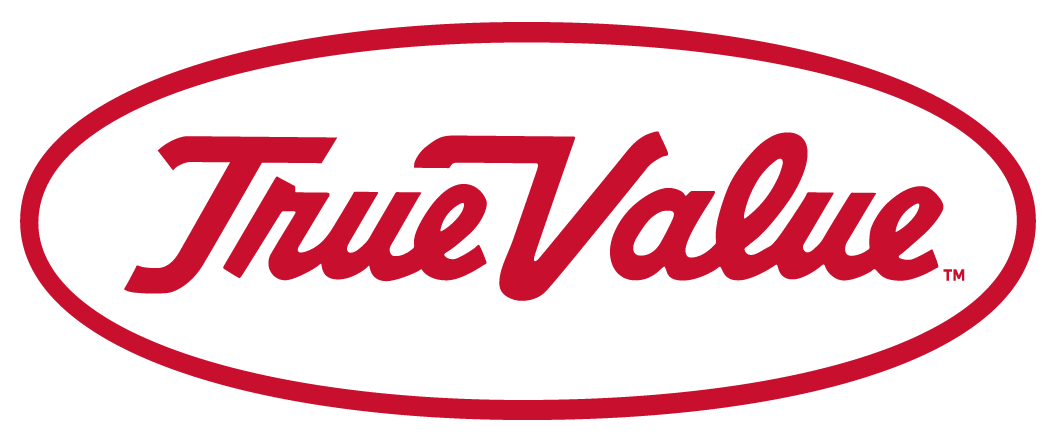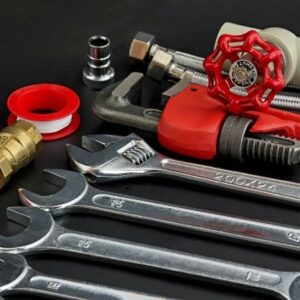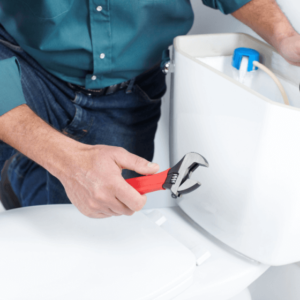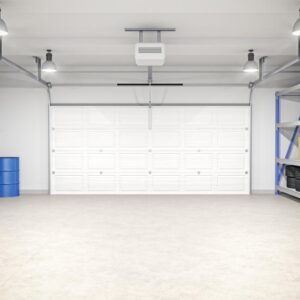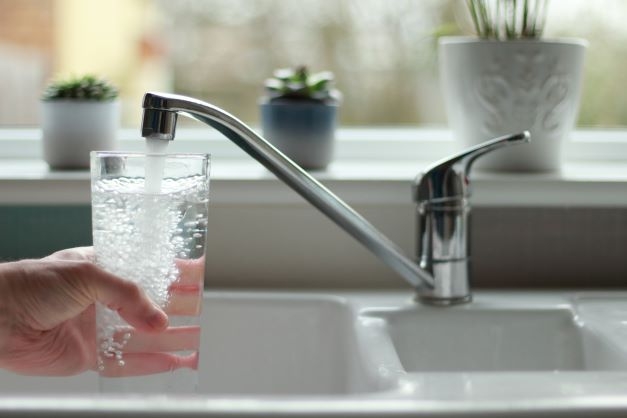With so many stories about contaminated water topping news headlines, water filters are becoming more popular. There are several types of home water filtration systems and multiple brands. How do you know which water filtration system is right for you? This guide will help answer that question by introducing you to the different types. You’ll learn about their pros and cons and how to tell if they’re worth the investment.
What Is a Water Filter?
A water filter is a device for filtration, the process of removing particles, chemicals, or other undesirable substances from water. Home water filters are designed to make drinking water safer. It’s important to know that water filters differ in their components. They may be made from activated carbon or other materials. When you shop, it’s important to find out what materials are in the filter to understand their actions. For example, an activated carbon filter uses adsorption to trap molecules in the material’s porous surface.
Why Do You Need a Water Filtration System?
Having a filtration system is important to remove contaminants that are potential health hazards. In many places, when water travels through old pipe systems to reach a house, it picks up contaminants. Today, it’s never wise to assume tap water is safe to drink. Contaminants may get into the water and reach people before cities can test and detect problems.
One example of a potential problem is arsenic, which is a carcinogen. The Environmental Protection Agency sets standards for tap water, and it allows up to 0.01 mg/L of arsenic in water. Higher levels are known to cause adverse health effects. However, some people could still experience problems with a trace of arsenic in the water. Reverse osmosis filters are good for removing arsenic. There are other possible contaminants as well. Since you can’t control what happens to water between the treatment facility and your home, water filtration is your friend.
Types of Water Filters
There are several types of water filters. You’re probably familiar with pitchers, which won’t be discussed. The next sections cover refrigerator, under-sink, whole-home, and faucet filters. Each comes with its own set of pros and cons. Which one is right for you? The answer depends on what you need and which advantages appeal to you most.
Faucet Mount
A faucet mount water filtration system attaches to a faucet. Some have different modes of activation. When they’re activated, they filter the water directly from the tap. They do this by catching certain contaminants, and most use an activated-carbon filter. Faucet filtration systems have some perks and drawbacks.
Pros
These are the advantages of faucet water filters:
- Easy to install
- Compact
- Can be inexpensive
Cons
These are the potential disadvantages of water faucet filters:
- Remove a limited number of contaminants
- Require frequent carbon filter replacement
- Reduces the faucet flow rate
Under-sink
As the name suggests, you install an under-sink filtration system under your sink. It usually has a few different filtration stages. In addition to a sediment filter, there may be carbon filters. Those may also have ion exchange or KDF. Reverse osmosis systems are available as well. Like all systems, there are pros and cons to this one.
Pros
These are the advantages of under-sink water filters:
- Convenient design without clutter
- Remove more dangerous impurities
- Long-lasting filters
Cons
These are the potential disadvantages of under-sink water filters:
- Difficult to install
- Reduce water pressure
- Can be expensive
Whole-house
A whole-house water filtration system is also called a point-of-entry tap. It’s installed wherever the main water line comes into your home. If you have a big family or want purified water from all household taps, this may be a good investment. Since there are multiple designs, be sure to pay attention to the type of filter. For example, UV filters are better for killing bacteria but don’t remove other contaminants effectively. There are some pros and cons to this type of system.
Pros
These are some key advantages of whole-house water filters:
- Removes many dangerous contaminants
- Soften water
- Improve water taste and smell
Cons
These are the main disadvantages of whole-house water filter systems:
- Have limited daily production capacity
- Expensive
- Some require significant space
Refrigerator
Today, many new refrigerators come with refrigerator filtration systems. They filter water that goes into your refrigerator for a tap or ice. There are pros and cons to these systems as well.
Pros
These are the advantages of refrigerator water filter systems:
- Improves the taste of water
- Filter water for ice
- Create safer drinking water
Cons
These are the common disadvantages of refrigerator water filters:
- May only remove a few contaminants
- Filters must be replaced frequently
- Some replacement filters are expensive
Are Drinking Water Filtration Systems Worth It?
Overall, water purification systems are worth the investment. Some may be more suitable than others for you. For example, an under-sink filter is worth it if you want to filter on demand and stop buying bottled water. However, it’s not the ideal choice if you prefer something simpler to install. It’s also not the best choice if you want filtered water in all taps. In that case, a whole-house system is better. When you want a water filter for a sink to have pure water on demand, a faucet system is better. It’s also worth it if you have a limited budget.
What Is the Best Water Filtration System?
After learning about all the types of systems, you probably have a better idea of which type fits your needs. There are still plenty of brands, models, and designs of each category to consider. So, how do you pick the right one? How do you know which brand of home water filtration system is best? Read reviews for different water filter system products from top brands. It’s always helpful to read user reviews on third-party sites instead of on a manufacturer’s website.
Many of the top home water filtration systems use activated carbon in their filters. Activated carbon may remove iron, lead, pesticides, and bacteria. Remember that no filter removes 100% of all traces of every contaminant. Every water filtration system for home use should be approved by the NSF. If you can’t find that information in the product description, you can search the NSF database. Be sure you understand how often you need to replace filters and how much the replacement cartridges cost. Ultimately, the best water filter will be the one that is made well, fits your budget, and meets your needs.
How Can I Filter My Well Water at Home?
Many people wonder if their well water is safe. In some cases, it may not be. If you own a well and want to filter your drinking water, your best bet is a whole-house system. You’ll have the added benefit of softer water. Look for a system with a three-stage product that has multiple filters.
To start comparing water purification systems, head to your nearest True Value store.
